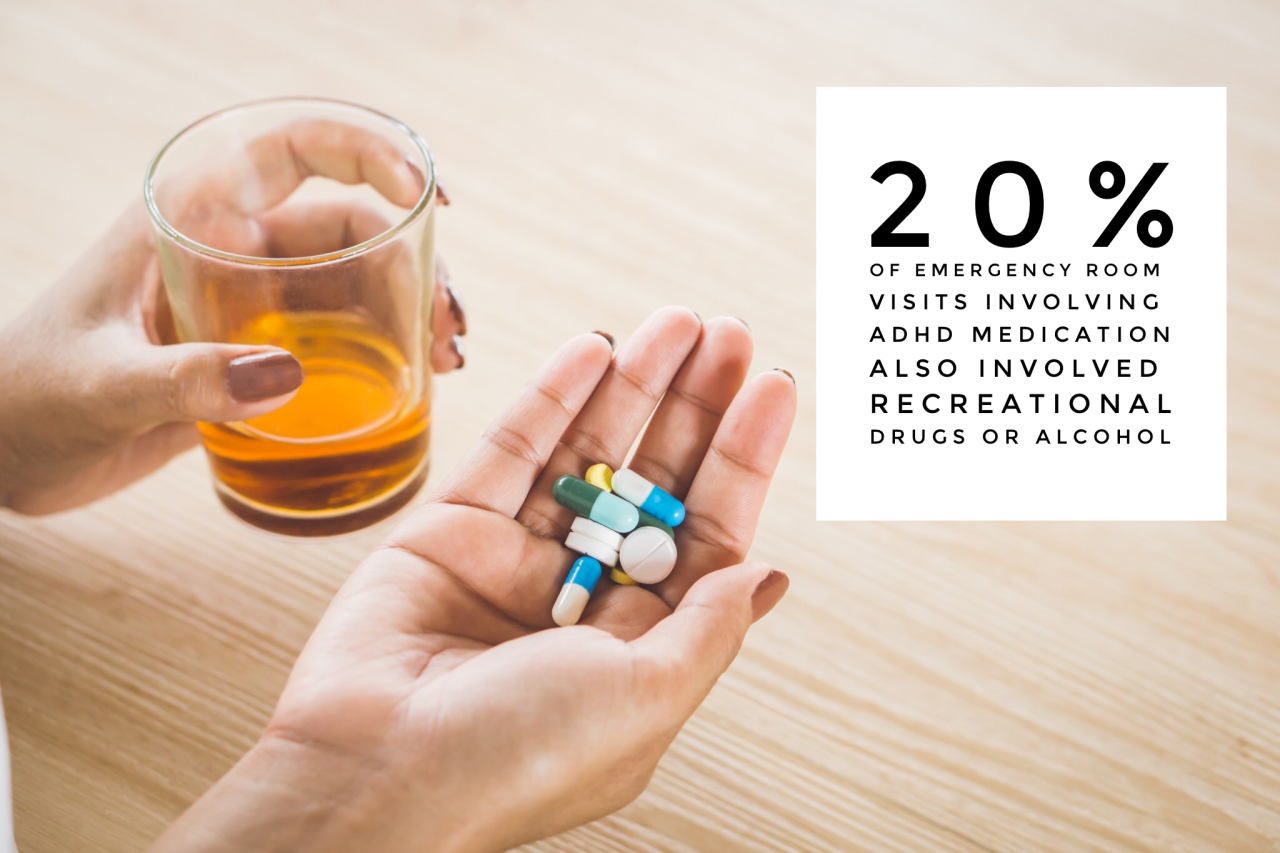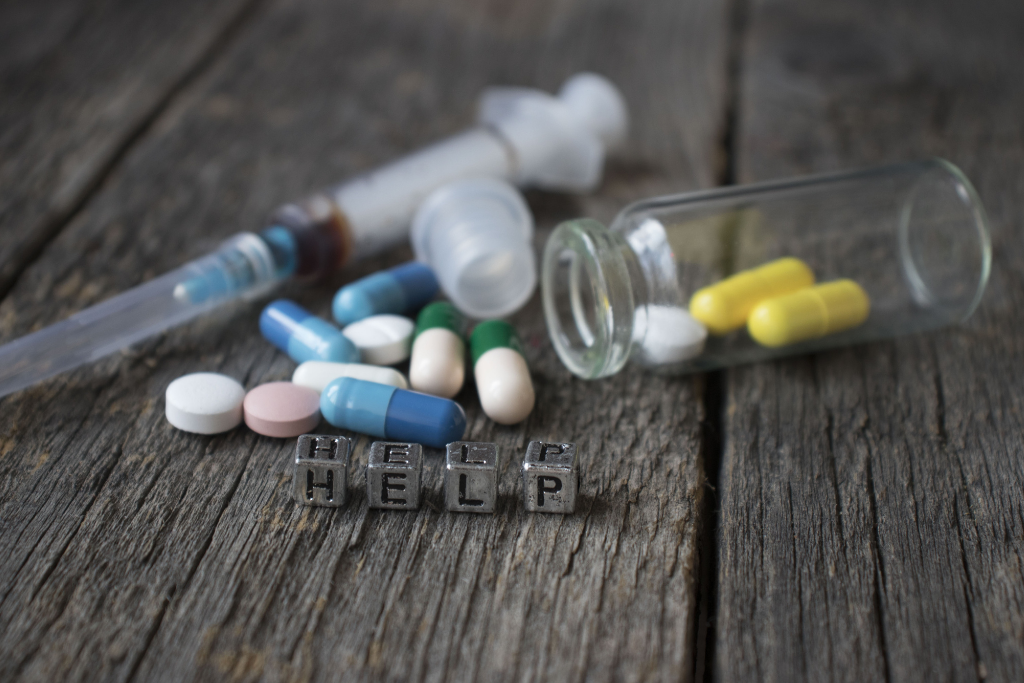Vyvanse and Adderall are common treatments for attention deficit hyperactivity disorder (ADHD), but is one better than the other? Here’s an in-depth look at Vyvanse vs Adderall, the potential benefits, and the risks involved with each.
Table Of Contents
What Do Vyvanse and Adderall Have in Common?
Both Vyvanse and Adderall are central nervous system stimulants, which means they speed up mental and physical processes to improve attention and alertness. Both also contain amphetamines. Used as prescribed, these drugs are safe and effective at managing symptoms of ADHD, but unfortunately, both are also prone to abuse. The federal government has classified each as a Schedule II controlled substance, meaning they both have a high potential of becoming habit-forming.
How Does Vyvanse Work?
Vyvanse contains lisdexamfetamine, an amphetamine salt. When lisdexamfetamine comes into contact with red blood cells, it is converted into dexamphetamine, a different amphetamine salt. After the conversion, the substance raises dopamine and norepinephrine in the brain. As those rise, a person with ADHD can more easily focus and control their impulses. Vyvanse is also approved to treat binge-eating disorder in adults, but it’s important to note that the drug has not been approved for weight loss.
Vyvanse is available as a chewable tablet as well as a capsule. Typically, the effects of a single dose last for up to 14 hours.
What Are the Side Effects of Vyvanse?
As with all amphetamines, Vyvanse carries the risk of physical and psychological dependence. Withdrawal symptoms include irritability, depression, trouble sleeping and anxiety. Other side effects may include:
- decreased appetite
- diarrhea
- dizziness
- dry mouth
- nausea
- upper stomach pain
- vomiting
- weight loss
How Does Adderall Work?
Adderall works similarly to Vyvanse, but with a key difference. Instead of containing one amphetamine salt, Adderall features a mix of four, including dextroamphetamine and amphetamine. Like Vyvanse, Adderall raises norepinephrine and dopamine levels in the brain, leading to heightened concentration and focus.
Adderall capsules can be fast- and short-acting, or fast- and longer-acting. In its original form, a dose usually alleviates symptoms for approximately four hours. With Adderall XR, the effects can last up to 12 hours.
What Are the Side Effects of Adderall?
The side effects of Adderall are similar to those of Vyvanse. As with Vyvanse, the most serious is the risk of dependence. Adderall withdrawal symptoms include fatigue, anxiety, and changes in sleep or appetite. Other side effects of Adderall may include:
- changes in mood
- dry mouth
- difficulty sleeping
- dizziness
- headache
- loss of appetite
- stomach pain
Vyvanse vs. Adderall
While these drugs have quite a bit in common, Vyvanse and Adderall each come with unique benefits and drawbacks. The risk of dependence is roughly equal, but since Vyvanse only contains one salt, abuse may be less likely.
Additionally, Vyvanse doesn’t produce a “high” when injected or inhaled, which also decreases the risk of abuse. Since Vyvanse must be metabolized by enzymes in the body, taking it orally is the only way to experience its effects.
Vyvanse also has a slower absorption rate than Adderall. Typically, it takes one to two hours to feel the effects of Vyvanse, while Adderall can begin working in about 30 minutes. This means the transition onto Vyvanse may be smoother, while Adderall could provide a bit of a jolt, another facet that could make abuse more likely with Adderall. Vyvanse also produces less of a jolt as it starts to wear off.
Since Vyvanse is longer-acting than either form or Adderall, there is a greater chance that it will cause sleep disturbances. However, beyond that, the two prescriptions’ side effects lists are closely aligned.
It’s also important to note that there is no generic for Vyvanse, while there is for Adderall. As a result, Vyvanse can be more expensive.
Have questions about addiction?
Call us at 855-430-9426 to speak with a recovery specialist.
What Are Ways to Avoid Addiction?
Any stimulant has the potential to be abused, but a few precautions can lower your chances of becoming addicted.
If it’s suitable for your condition, ask your doctor about long-acting options, which release their active chemicals more slowly. This reduces the chances of a “high” from taking the medication, which may make abusing the drug less appealing.
Most importantly, only take your ADHD medication as prescribed. This ensures you receive the proper dosage at the right intervals, which will help you prevent addiction. Never take Vyvanse or Adderall without a prescription, and never mix either drug with other substances. According to a 2013 government report, about 20 percent of emergency room visits involving ADHD medication also involved recreational drugs or alcohol.

Treating Vyvanse and Adderall Addiction
If you or a loved one has struggled with addiction to Vyvanse, Adderall or other prescription drugs, you’re not alone. According to government statistics, 18 million people, or 6% of the US population, has struggled with prescription drug addiction. Thankfully, you don’t need to struggle alone. Professional treatment has helped many people overcome substance abuse disorders, while also addressing underlying issues such as depression or other mental illness.
Whether you need medical assistance to overcome withdrawal symptoms or a program that allows you to balance treatment with your everyday life, a number of flexible options exist. Call us at the number below to discover the best one for you.
Have questions about addiction?Chat with one of our recovery specialists now.


